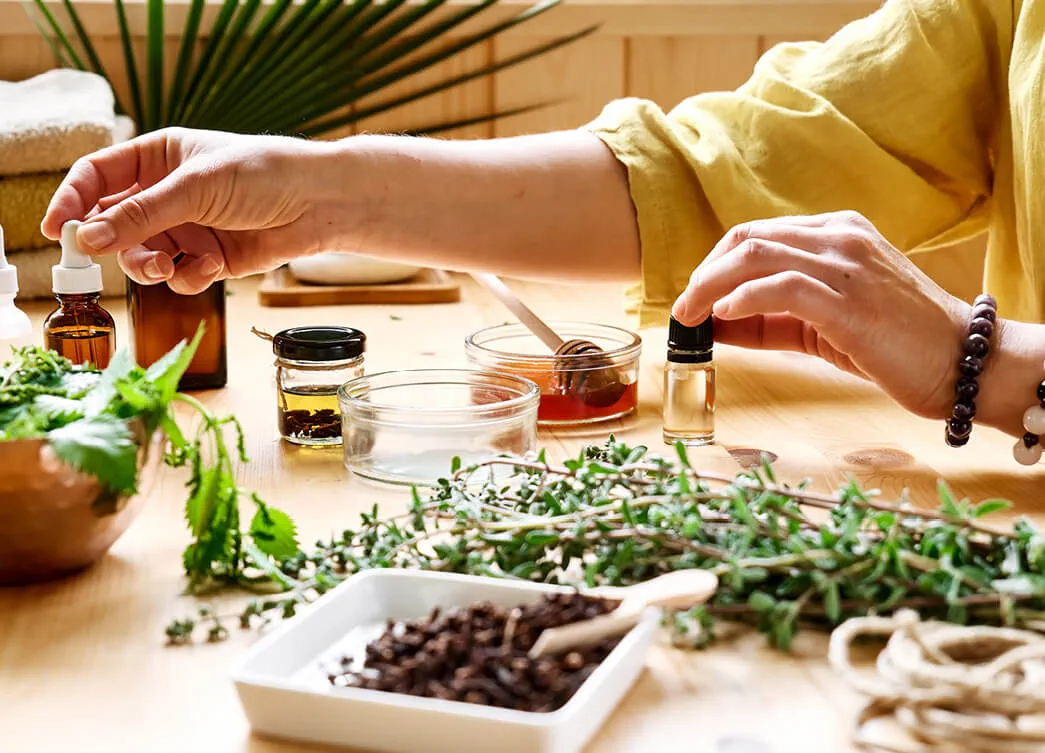🌿 The Origin: Herb as Medicine
Herbs are more than green leaves — they are coded knowledge passed down through generations. Our ancestors used them not just to cure illness, but to maintain balance between body, mind, and spirit. In Nigeria, bitter leaf, scent leaf, and dogonyaro are more than common names — they are legacy tools for healing malaria, fever, inflammation, infertility, and more.
Across the world:
- Ginger and turmeric are used for pain and inflammation.
- Neem is a universal antiviral in many traditional cultures.
- Moringa is considered a miracle tree.
- Psychedelic plants like iboga and ayahuasca were used in sacred rituals to cure trauma and reconnect with self.
The difference? These herbs were not abused — they were respected. Healing was a process. It was spiritual. It was earned.
---

💊 The Present: The Rise of Drugs
With industrialization came pharmaceuticals — fast, measurable, and potent. But with speed came side effects. With power came dependency. With profit came overuse.
Drugs today are both a cure and a curse:
- Antibiotics saved millions, but now face resistance.
- Painkillers offer relief, but have triggered addiction epidemics.
- Psychiatric drugs treat symptoms, but often ignore root causes.
- Instead of treating the human, we often treat just the symptom.
- We no longer listen to the body — we suppress it.
- We no longer sit with illness — we rush to erase it.
This disconnection has created a global health crisis rooted in dependency, misuse, and overmedication.
---

🧬 The Bridge: Root + Research
But it doesn’t have to be either herbs or drugs.
- We need both. We need a bridge.
- A new medicine is rising — one that unites:
- Traditional African healing with clinical research
- Natural remedies with scientific refinement
- Community wellness with technology
- This is the future of ethnomedicine, herb-tech, and plant-based research.
Hospitals in Ghana now integrate herbal treatments alongside Western drugs. In Kenya, bio-scientists are digitizing herbal knowledge. Across the diaspora, Black herbalists are reclaiming lost traditions and offering holistic paths forward.
We must decolonize medicine, not by rejecting science, but by reclaiming the roots science forgot.
---

🩺 The Solution: Sacred Knowledge, Global Care
If we are to solve humanity’s health crisis, we must:
- 1. Respect indigenous knowledge — not as folklore, but as valid science.
- 2. Regulate pharmaceuticals — to prevent exploitation and dependency.
- 3. Educate communities — to know when herbs help and when drugs are essential.
- 4. Integrate healing systems — spiritual, physical, emotional — not treat them in isolation.
- 5. Invest in herb research — led by those who understand its cultural power.
The future of medicine is not just in pills.
It is in plants. In wisdom. In balance.
---
🌍 Final Word
We have the chance to heal — not just our bodies, but our broken systems of care. The solution will not come only from billion-dollar labs or traditional healers in isolation.
- It will come from a fusion of roots and research.
- From spirit and science.
- From memory and innovation.
And blood — if we don’t tell these stories, if we don’t write these truths, they will be lost again.


And blood — if we don’t tell these stories, if we don’t write these truths, they will be lost again.
good
You must be logged in to post a comment.